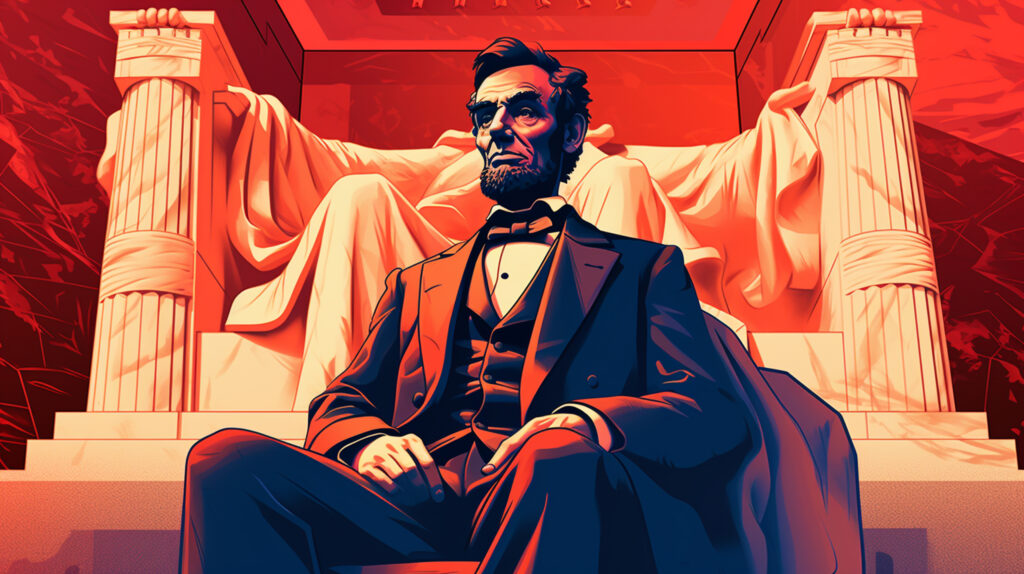Government of the People, by the People, for the People
Democracy, the much-abused word, almost has been rendered useless, writes Barton Swaim in the WSJ. Is democracy, wonders Mr. Swaim, still a noble word?
Civic classes in the 1980s emphasized how a democracy was distinguishable from a republic.
In a strict democracy, every citizen is asked to vote on every important public question. Should we raise taxes? Should we go to war with Carthage? Plebiscites on everything being impractical, the ancients invented republics, in which you vote for the people who make these decisions.
At the end of the Continental Congress, Benjamin Franklin was asked what the Founders had accomplished. Franklin did not say “a democracy – if you can keep it.”
Most of the Founders equated democracy with mob rule and wanted to avoid it. For a few, notably Thomas Jefferson, the word connoted self-government and decentralization of power. Andrew Jackson and his followers used it that way. Abraham Lincoln, who didn’t often use the word, treated democracy as a positive term signifying equality and self-rule.
As Progressivism rose at the turn of the 20th century, “democracy” took on meanings that had little to do with voting, elections, majorities, and procedural freedoms, continues Mr. Swaine.
The activist and philosopher Jane Addams, in “Democracy and Social Ethics” (1902), defined democracy “not merely as a sentiment which desires the well-being of all men, nor yet as a creed which believes in the essential dignity and equality of all men, but as that which affords a rule of living as well as a test of faith.”
In “Democracy and Education” (1916), the theorist John Dewey observed that “a democracy is more than a form of government; it is primarily a mode of associated living, of conjoint communicated experience.”
A Jumble of Words
Commentators and politicos who worried that democracy was under threat seemed to hold the Deweyan view that democracy wasn’t so much a form of government as a means of expanding novel individual rights and generating other allegedly benign policy ends.
At the same time, they embraced an aggressive majoritarianism, demanding an end to the Electoral College and the filibuster and threatening to add states to the union and justices to the Supreme Court to achieve their goals.
Mr. Swaine argues that the Gettysburg Address is the “finest definition of the term, taking it in its general sense, ever enunciated.”
Lincoln expressed the hope “that government of the people, by the people, for the people, shall not perish from the earth.”
Democracy, if it’s to mean anything, has to include all three of these components.
Government “of” the people: The people own the government and, acting collectively and according to rules, may shake it up and change its policies when they wish. Government “by” the people: Ordinary citizens staff it and guide its decisions. Government “for” the people: Its policies are meant to benefit the citizenry as a whole.
How to Overrule Crazy Impulses
In today’s progressive thinking and the way in which they speak of democracy, the word democracy ignores the first two parts of Lincoln’s formulation. Today’s progressives care only about Government for the people.
Government, in the progressive view, ought to benefit the people. But it has to resist their crazy impulses, and it’s necessarily composed of credentialed experts empowered to overrule the people when they act against their own interests.






